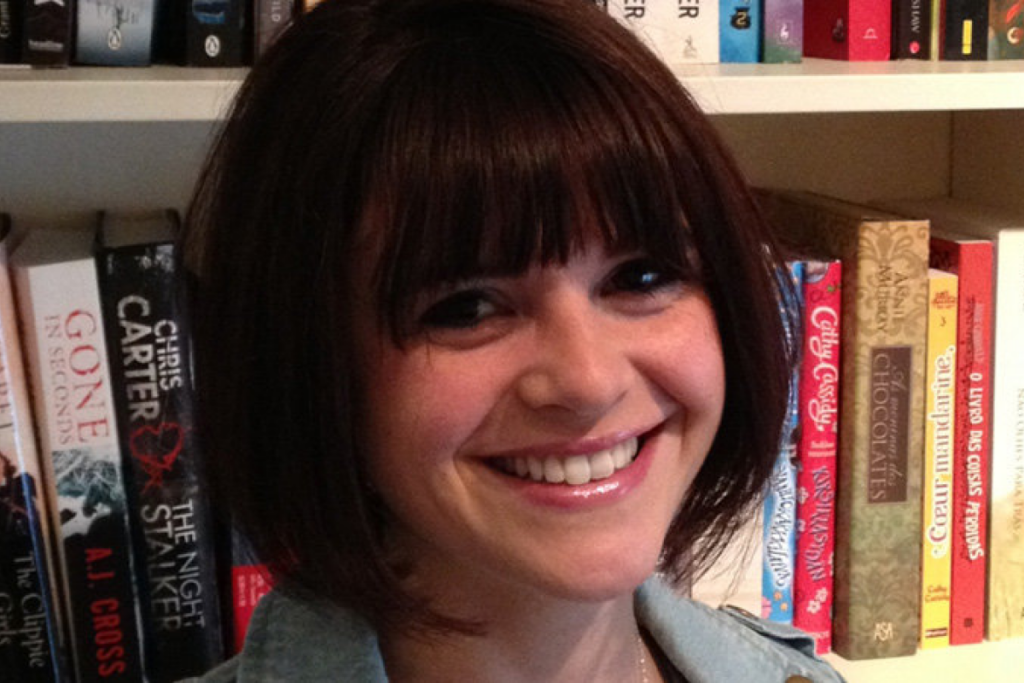Top Tips: Getting Published By Literary Agent Claire Wallis
It’s every writers ultimate goal- the fantastic Claire Wallis, shares her inside knowledge.

15 TOP TIPS FOR GETTING PUBLISHED
1. Read, read, read
The more you read, the better you’ll write. In particular, read in the genre that you want to write in. ‘Read 10,000 books and then start writing.’ That’s a quote from Lee Child.
2. Write, write, write
Like any skill, the more you do it, the more you’ll learn and improve. Lots of people blame time constraints for not writing but if you want it enough, that won’t stop you. Start by just writing for ten minutes every day – whether it’s first thing in the morning, last thing at night, on your lunch break or on the bus on the way to work. You crawl before you walk, big things start small, you eat an elephant one bite at a time etc. Also, avoid clichés.
3. Edit, edit, edit
I always think it’s good to write long. Get your story out and don’t worry too much about how pretty it’s looking. And then go back and scrutinise. Is everything you’ve included relevant and pushing the story forward? Has every scene,every line of dialogue, every word, earned a place in your novel? Have you really used quite a lot of very unnecessary words?
4. Um… edit some more
The first pages of your novel, the first an agent will see, might just be the most important you’ll write. So, get them right. Edit until the words are blurry and you don’t know how to spell anything anymore because all the words look a bit weird. Edit until every page says, ‘yes, that’s right, I’m brilliant and the one after me is too.’
5. Do your research
Select the agents you think would be right for you. Don’t rush sending your work out. You get one shot to make a sparkly first impression. Get the Writers’ & Artists’ Yearbook and have a look at which agencies and agents appeal to you. Don’t send your sci-fi novel to an agent that doesn’t represent that genre.
6. Pay attention to guidelines
When you’ve got your shortlist of agents and are preparing to submit, check the guidelines. Most agencies say how they want you to submit on their websites. At Darley Anderson we like a punchy covering letter, a concise synopsis and the first three consecutive chapters. If you’re submitting to us, stick to these guidelines. We also give some advice about putting together a great submission on our agency blog at www.darleyandersonblog.com
7. Attend writing events
Workshops and conferences are a brilliant way to meet agents and other writers. They’re a fantastic opportunity to learn more about the publishing industry and what agents and editors are looking for. Events like this also introduce you to the writing community – a group of people who all want the same thing and can offer support and encouragement.
8. Start social networking
Another way to meet other writers, and potential agents and editors, is through social networking. Blogging, having a website, reviewing books and tweeting can all raise your profile and help you make the right connections.
9. Be aware of the market
If you’re serious about publishing your novel and selling copies, hopefully lots of copies, then beware of the market. Agents have to pitch to editors.And if an editor wants to buy your novel, it’s very likely they’ll also need to persuade the sales and marketing departments. Identifying your genre and intended audience shows that you’ve really thought about the commercial viability of your work.
10. Remember that this is a subjective business
Rejection is inevitable. Be prepared for this. Most bestselling authors were rejected, many times, before they got their ‘yes’. What’s right for one agent or publishing house isn’t right for another. Remember that no one asked you to write a book. Nobody promised this would be easy or that you’d get it right first time. When the rejections come, which they inevitably will, be gracious. We’re not trying to be mean by declining your work; it’s just not right for us. Also, it is a small industry and we remember writers who respond badly. Don’t damage your chances of future publication by sending a snotty reply.The temptation is natural but you might regret it later. If there’s advice, think about taking it. Revise your work or try sending it somewhere else.
11. But also remember that talent is only one part of the equation…
You need persistence too. Don’t give up. One of my favourite advice-gems comes from Stephen King who said, ‘Remember, for every no you receive you are one step closer to a yes.’ Our industry would be dust if every author gave up after one try.
12. Don’t be intimidated
Agents are people too. I frequently trip over my own feet, wish I was funnier, and daydream about being able to grow taller/sing/drive/speak ten languages. It took me six long months to get my first job in publishing. My CV was ignored or rejected over and over again, I lost out at interviews to someone else with more experience than me, and I was very close to giving up and leaving London – with no career, money or self-confidence. And then I got my ‘yes’. Sound familiar?
13. Remember that we are on your side
We need you. We want to see your work. Without you, we don’t have much to do. We work in the publishing industry for the joy of discovering incredible new writing, of signing it up, sending it out, and hopefully seeing it onto the shelf.
14. Be prepared to let go
Agents and then editors will want editorial input, they will want your work to it into a publishing slot, a retail slot, they will have their own ideas about marketing, publicity and packaging. And although you shouldn’t be pushed in a direction that you feel isn’t right for you, you also need to be open to new ideas and to working collaboratively. Publishers and agents are investing in you and your talent. They think they can see something that they can sell. This is their passion but it’s also their business. Your book is, well, yours. It’s your baby. But when it goes out into the world, like babies do, it will grow and develop a life of its own. And to a certain extent, you will have to let it go.
15. Ultimately, it’s all about the writing
It really is. I’m looking for great writing: amazing characters, a strong concept and a page-turning pace.
Clare Wallace joined the Darley Anderson Agency in January 2011. Clare is scouting for new talent and is looking for commercial and accessible literary general fiction and all types of women’s fiction, alongside looking for new children’s authors and illustrators. As the Head of Rights, Clare negotiates deals for translation rights all around the world for all the Agency’s authors.
At the Agency Clare represents authors both in the UK and the US including Kim Slater, Polly Ho-Yen, Adam Perrott and illustrators Jon Holder, Lorna Scobie, Loretta Schauer and Pete Williamson. She formerly assisted the Luxton Harris Ltd literary agency.
Graduating with a first from a BA in Creative Writing and Cultural Studies at Bath Spa University, Clare went on to gain a distinction on the MA in Creative Writing. She has proof-listened to hundreds of adults and children’s audio books for AudioGO and worked for Cardiff University as a research assistant and coach to international students.


